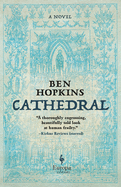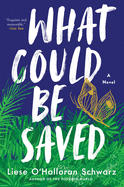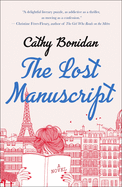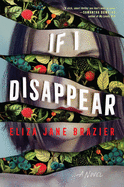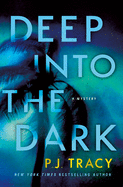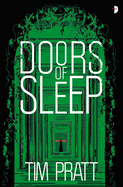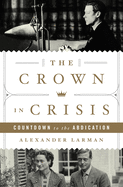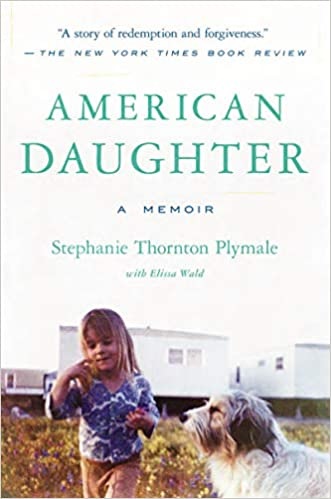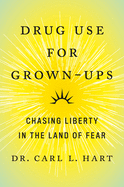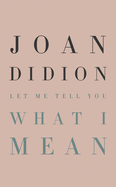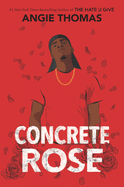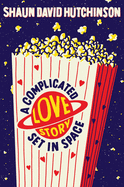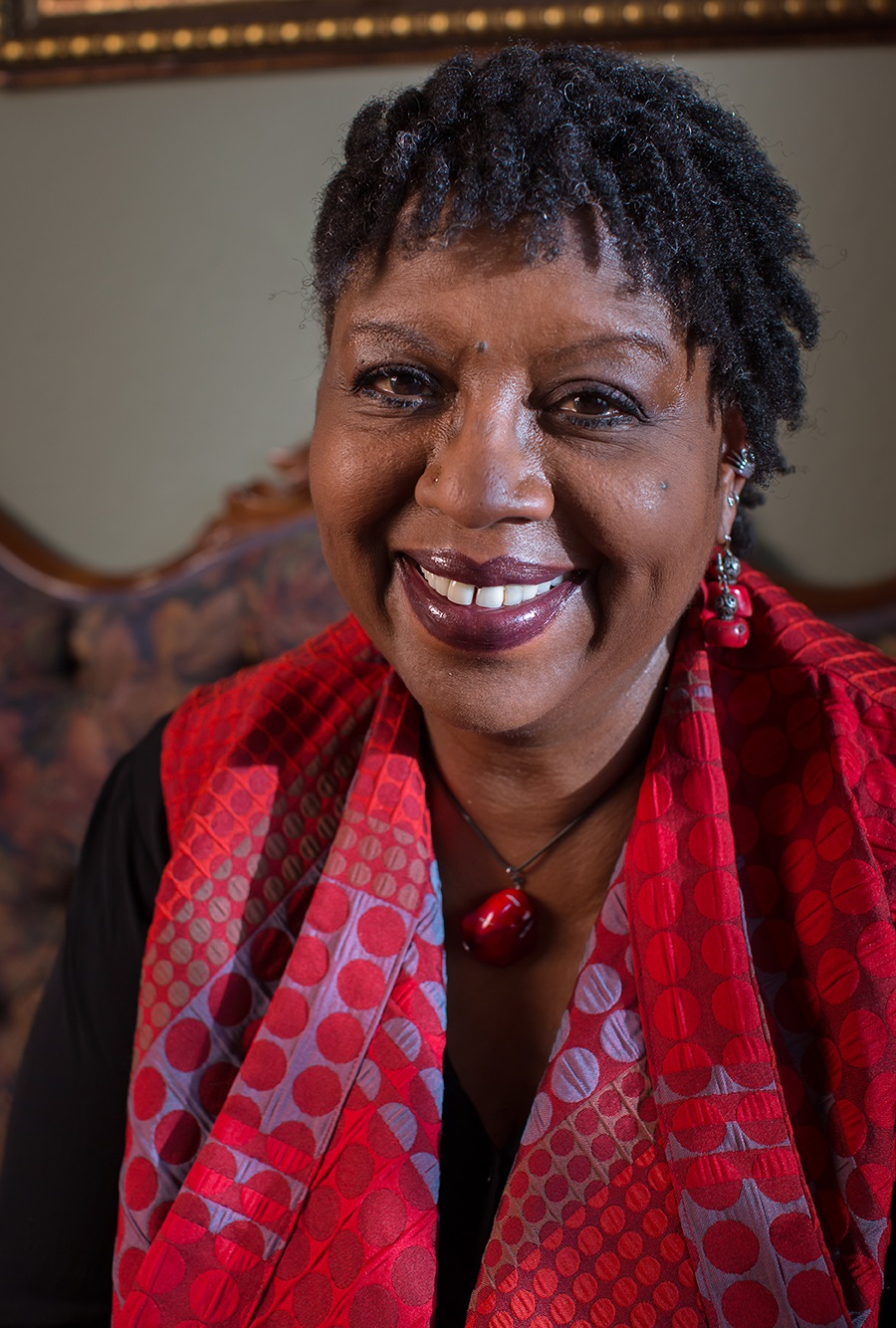 |
| photo: Aaron Lemen |
Nikki Grimes is the recipient of the Children's Literature Legacy Award, the Virginia Hamilton Award for Lifetime Achievement and the NCTE Award for Excellence in Poetry for Children. Grimes's works include Southwest Sunrise, illustrated by Wendell Minor; the Printz Honor and Sibert Honor book Ordinary Hazards; NAACP Image Award nominee Planet Middle School; Coretta Scott King Award winner Bronx Masquerade; Coretta Scott King Author Honor books Jazmin's Notebook, Talkin' About Bessie, Dark Sons, The Road to Paris and Words with Wings (which was also named an ALA Notable Book); and What Is Goodbye?, an ALA Notable Book. Her most recent book is Legacy: Women Poets of the Harlem Renaissance (out now from Bloomsbury). She lives in Corona, Calif.
On your nightstand now:
A Circle of Quiet by Madeleine L'Engle
Illuminated Life: Monastic Wisdom for Seekers of Light by Joan Chittister
All of Me by Chris Baron
The Unvarnished Jesus: A Lenten Journey by Brian Zahnd
Watch Us Rise by Renée Watson and Ellen Hagan
Favorite book when you were a child:
A Tree Grows in Brooklyn by Betty Smith. Francie and I had a lot in common--we were both familiar with childhood trauma and we were both tough.
Your top five authors:
This, of course, is an impossible choice, but here goes.
Lucille Clifton is the poet I want to be when I grow up. Of course, there's not much time left, so that probably won't happen!
Mary Oliver because her poetry is simply sublime.
James Baldwin because he was brilliant, his work still resonates and he was my first mentor.
Naomi Shihab Nye because, whether she's writing for children or adults, all of her work feels elegant and necessary.
C.S. Lewis. Because he's C.S. Lewis. Come on! The Chronicles of Narnia? The Screwtape Letters? Mere Christianity? Who can argue with those?
Book you've faked reading:
I never faked reading Charlotte's Web by E.B. White, but I didn't actually read it until I was well into my 40s.
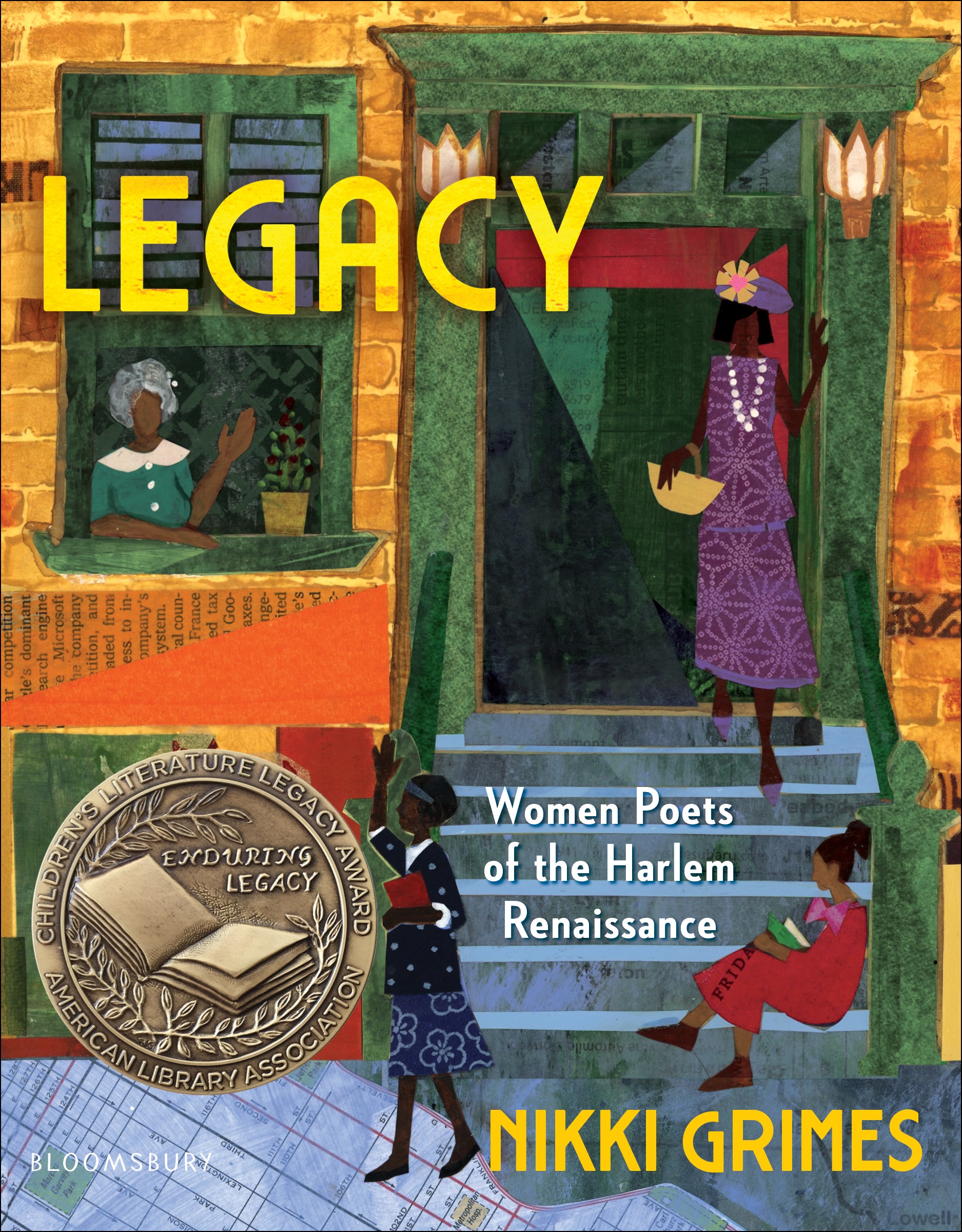 Book you're an evangelist for:
Book you're an evangelist for:
Kindred by Octavia E. Butler. It takes the modern reader inside of the experience of being a slave and shows us what it truly means to have no choice and no power. It eliminates any excuses we might have for not making something of our lives today.
Book you've bought for the cover:
Brown Angels: An Album of Pictures and Verse by Walter Dean Myers. It was so unusual to see a book cover celebrating the beauty of Black babies and I had to have it.
Book you hid from your parents:
It doesn't exist.
Book that changed your life:
Spoon River Anthology by Edgar Lee Masters changed my writing life. It taught me how powerful a tool of storytelling poetry could be. I've been telling stories that way ever since.
Favorite line from a book:
Another impossible task! I'll choose two.
From The Bluest Eye by Toni Morrison: "A little black girl yearns for the blue eyes of a little white girl, and the horror at the heart of her yearning is exceeded only by the evil of fulfillment." I found this stunning. I ached for this girl who failed to see her own beauty but wanted to borrow someone else's.
Another favorite is from Come with Me: Poems for a Journey by Naomi Shihab Nye. It's from the poem "Secrets" which opens, "Because a secret is a ticket... and without it/ the trip would be/ too lonely." There is no more perfect line than that.
Five books you'll never part with:
The Bible. This is the book upon which I build my life.
Kindred by Octavia Butler.
The Middle Passage: White Ships/Black Cargo by Tom Feelings. The horror and anguish Feelings captured remind me of how much my people have overcome, and what a miracle it is that we're alive.
The Fire Next Time by James Baldwin. No essays have ever been more potent, more true, more prophetic or more exquisitely written. They are as fresh and resonate as much today as ever.
A Dark and Splendid Mass by Mari Evans. Mari Evans was one of the most underrated poets of this generation and this collection makes the point.
Book you most want to read again for the first time:
The Liars' Club by Mary Karr. It was brave, it was bold and so much of Karr's story resonated with my own. This book showed me what a memoir could be, and it was this memoir I had in the back of my mind while I worked my own.
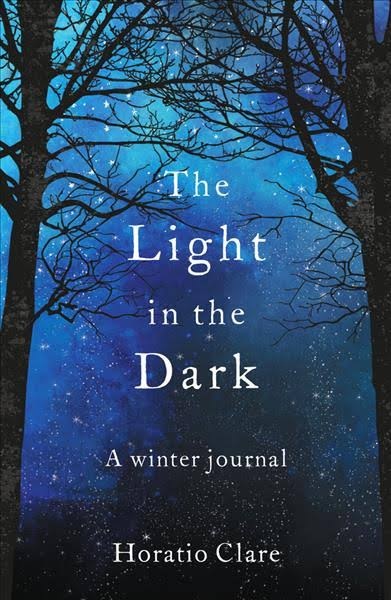 British essayist Horatio Clare's memoir The Light in the Dark (Elliott & Thompson, $16.95) charts his winter experiences in West Yorkshire. Clare suffers from seasonal depression, and his lyrical descriptions of frigid windswept walks and damp, crowded trains provide a candid account of a challenging time. But, as his title suggests, Clare also looks for joy in the dark months, prompting readers to do the same.
British essayist Horatio Clare's memoir The Light in the Dark (Elliott & Thompson, $16.95) charts his winter experiences in West Yorkshire. Clare suffers from seasonal depression, and his lyrical descriptions of frigid windswept walks and damp, crowded trains provide a candid account of a challenging time. But, as his title suggests, Clare also looks for joy in the dark months, prompting readers to do the same.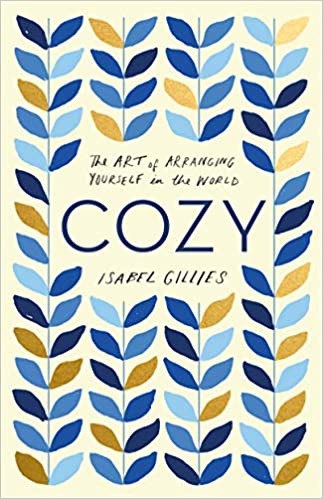 Journalist and actress Isabel Gillies believes firmly in the power of coziness--in all seasons and in all places. Cozy: The Art of Arranging Yourself in the World (HarperWave, $22.99), her exploration of the concept, mixes whimsy (an ode to tubby blue mailboxes) with gentle realism (nurses' efforts to provide coziness for hospital patients). Gillies's book joins Meik Weiking's The Little Book of Hygge (Morrow, $19.99) and other similar explorations of comfort and warmth, as many of us hunker down for a long pandemic winter.
Journalist and actress Isabel Gillies believes firmly in the power of coziness--in all seasons and in all places. Cozy: The Art of Arranging Yourself in the World (HarperWave, $22.99), her exploration of the concept, mixes whimsy (an ode to tubby blue mailboxes) with gentle realism (nurses' efforts to provide coziness for hospital patients). Gillies's book joins Meik Weiking's The Little Book of Hygge (Morrow, $19.99) and other similar explorations of comfort and warmth, as many of us hunker down for a long pandemic winter.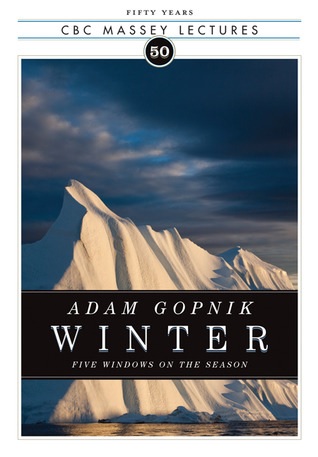 In 2011, Adam Gopnik made winter the subject of five talks he delivered for the CBC Massey Lectures, published in Winter: Five Windows on the Season (House of Anansi, $19.99). He explores winter from various perspectives (romantic, recuperative and recreational, to name a few), and delves into historical ideas of winter, childhood nostalgia, winter sports and even modern-day underground cities in his quest to understand and better survive the cold season. Gopnik's deep research and wry humor combine to make me think winter can be fascinating--even enjoyable.
In 2011, Adam Gopnik made winter the subject of five talks he delivered for the CBC Massey Lectures, published in Winter: Five Windows on the Season (House of Anansi, $19.99). He explores winter from various perspectives (romantic, recuperative and recreational, to name a few), and delves into historical ideas of winter, childhood nostalgia, winter sports and even modern-day underground cities in his quest to understand and better survive the cold season. Gopnik's deep research and wry humor combine to make me think winter can be fascinating--even enjoyable.



 Book you're an evangelist for:
Book you're an evangelist for: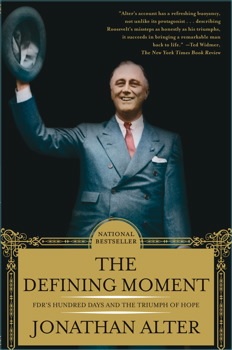 When Franklin D. Roosevelt became president of the United States in 1933, he was faced with the daunting task of saving a country in the midst of its worst ever economic crisis. During the first 100 days of his presidency, Roosevelt called Congress into a special three-month session in which he passed 15 bills that marked the beginning of the New Deal, an ambitious program of progressive legislation to combat the Great Depression. This remarkable period is the subject of Jonathan Alter's 2006 book The Defining Moment: FDR's Hundred Days and the Triumph of Hope. Alter, a former senior editor for Newsweek, argues that Roosevelt's childhood, tumultuous personal life--including his polio diagnosis--and early political career made him uniquely qualified for that historical moment, along with Roosevelt's willingness to "throw a lot of things against the wall to see what stuck."
When Franklin D. Roosevelt became president of the United States in 1933, he was faced with the daunting task of saving a country in the midst of its worst ever economic crisis. During the first 100 days of his presidency, Roosevelt called Congress into a special three-month session in which he passed 15 bills that marked the beginning of the New Deal, an ambitious program of progressive legislation to combat the Great Depression. This remarkable period is the subject of Jonathan Alter's 2006 book The Defining Moment: FDR's Hundred Days and the Triumph of Hope. Alter, a former senior editor for Newsweek, argues that Roosevelt's childhood, tumultuous personal life--including his polio diagnosis--and early political career made him uniquely qualified for that historical moment, along with Roosevelt's willingness to "throw a lot of things against the wall to see what stuck."